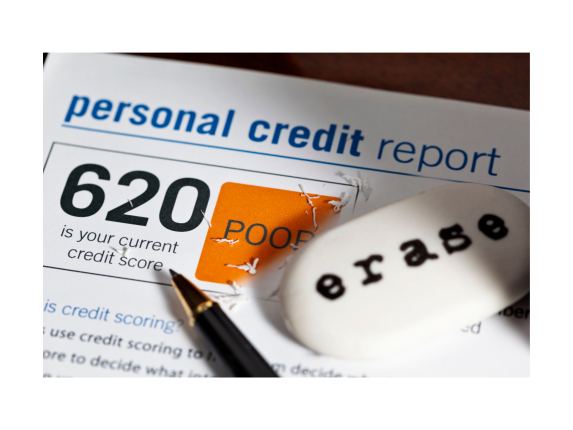Additionally, we’ll talk about how credit repair services in California can help get inaccurate or old debts removed from your credit report.
What Is the Statute of Limitations on Debt in California?
Before we begin, let’s clarify exactly what the statute of limitations can and cannot do for you regarding your old debts.
The statute of limitations on debt does not automatically mean a debt is 100% canceled and you are completely free of it. What the statute of limitations does is limit the period of time a creditor or collection agency has to file a lawsuit against you. Technically, after this statute has passed, you still owe the debt and the collection agency may continue to contact you about it, as long as they do so legally.
While most debt collection agencies–such as Professional Credit Services–do their best to follow all applicable debt collection laws, certain individuals may cross the line when attempting to collect debts.
The statute of limitations in California is four years from the original date of delinquency. However, it’s extremely important to note that the four-year clock can be reset through several mechanisms such as:
- The consumer admits the debt is theirs
- The consumer makes even a partial payment against the debt
- The consumer incurs additional debt related to the same account
Debt collectors can and will do anything possible to try and get you to trigger one of the above options so they can reset the clock and give themselves more time to collect.
Am I Free of the Debt Once the Statute of Limitations Is Reached?
No, you aren’t. As mentioned above, the collections agency may still continue to contact you. What’s worse is that even though they can’t legally sue you for your debt anymore, the debt collection listing will stay on your credit report potentially for up to seven years.
You’d be right to worry about how much your credit score affects car insurance in California. Having a collections account on your credit report can be devastating, in addition to affecting interest rates paid on credit cards, loans, or mortgages. If it damages your score enough, you may be entirely unable to obtain credit.
For these reasons, if a debt has been legitimately verified, it should be paid as soon as possible. The collections account will still show on your credit report, but it will show as ‘paid and closed,’ which tells other creditors that you pay your debts.
What About Illegitimate Debts?
If you’ve been contacted by a debt collector and asked to pay a debt that you are sure is not accurate, you may wish to seek the services of a credit repair company like The Phenix Group.
Getting inaccurate information removed from a credit report is no small task. A plethora of certified mail needs to be circulated between you, the creditor, the collections agency, and the credit reporting bureaus. All parties need to agree that the debt is not yours before proceeding to have it removed from your credit report.
This process can take weeks to months, both on the phone and via mail. Credit repair agencies will take this legal hassle out of your hands and will handle all of the legwork. They know exactly who to call and who to send letters to, and they’ll make sure that documentation is provided to all of the relevant parties to get the debt removed so that your credit report and score will improve.
Additionally, credit repair companies can also help to educate you on credit reports and best practices to improve your score and obtain lower interest rates on everything from credit cards to mortgages.
If you owe a debt, it’s always smart to be aware of your rights. Be careful not to reset the statute of limitations, and always ensure the debt is truly yours.

